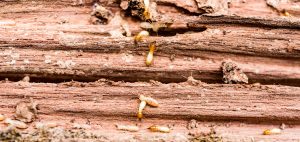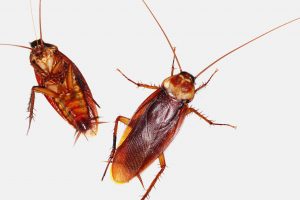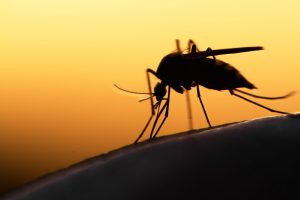
The milkweed bug is a colorful beetle that feeds mainly on grains. Its distinguishing characteristics are its long mouth part and its red and black outer colors. Although especially abundant in the south-eastern part of the United States, the milkweed bug has also been seen as far north as Ontario, Canada. Some treatments are available to rid areas of milkweed bugs; however these insects do not generally cause too much trouble in region.
Milkweed Bug: Friend or Foe?
The milkweed bug can be found in many fields, grasslands, farms, and homes across the south-eastern part of the United States, feeding mostly on the milkweed plant. Considering that milkweed isn’t a major food source for most humans, or even animals, the milkweed bug is not considered a major agricultural threat. However, when milkweed becomes scarce, milkweed bugs may feed on nearby plants, seeds, and vegetables. Often, milkweed bugs will feed on the juices within the plants, leeching their nutrients and degrading the plants over time.
Nevertheless, milkweed bugs can be beneficial. The can also become predators, feeding on agriculturally harmful insects. This often happens when their main food source, milkweeds, becomes scarce. Although these insects can be helpful, if they invade your garden in large numbers you may wish to remove them, just in case they cause damage to plants and vegetation.
Control Measures
One of the easiest and most effective control methods against the milkweed bug is pesticides. However, when spraying pesticides near food, seek the counsel of a trusted and professional pest control service. Hand removal of the insects can be helpful and is often recommended, especially in organic circles. If the milkweed bug population in your area is small and isn’t harming your garden, you may find it best to allow them to live and carry out their beneficial duties.





